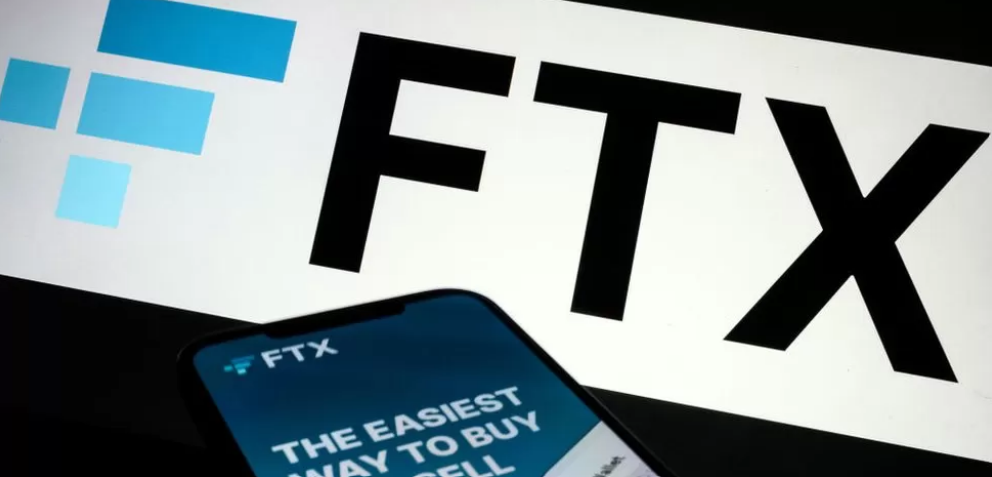Under the Sharia law of Islam, the payment or receipt of riba (also known as interest) is prohibited, and thus a conventional mortgage that charges interest each month cannot be utilized by a practicing Muslim.
Obviously, this poses a potential problem, as home prices are typically far too expensive to allow a prospective home buyer to purchase outright with cash.
The Solution(s)
- There are three ways this issue can be resolved
- One being to sell the property at a higher price under an installment plan
- Another being a “lease to purchase” contract
- Or to create an LLC and own shares in the property
However, this can be solved by having the bank purchase the property and sell it back to the mortgagor (borrower) in one of three ways.
The bank will either sell the property at a higher price to the borrower under an installment plan, or rent it to the tenant/homeowner, and have them pay a contribution toward the principal balance of the home each month until it is paid off in full.
The rent price is typically established by looking at comparable homes in the area where the subject property is located.
The second method is also known as “lease to purchase” because the homeowner “rents” the property while paying down principal and gaining home equity. Once a significant chunk has been paid down, they might be able to buy the property outright with cash.
A final option is to create an LLC whereby the finance company and the home buyer own shares in the property.
With regard to the western world, Islamic Mortgages are probably most common in the United Kingdom, although they seem to be gaining steam in the United States as well.
Fannie and Freddie Are Investors in Islamic Mortgages
- Fannie Mae and Freddie Mac invest in these types of loans
- This allows smaller banks and lenders to offer them to customers
- Default rates are probably a lot lower than other mortgages
- Due to the straightforward terms and absence of high-risk features
In the early 2000s, mortgage financier Freddie Mac agreed to buy these types of “mortgages,” and at this point, others probably wish they had too.
Because Islamic mortgages tend to be more straightforward than some of the exotic offerings seen in traditional Alt-A and subprime lending, the homeowner default rate is probably a lot lower.
Fannie Mae is also an investor in these types of loans, which they refer to as “no-interest financing,” and in lieu of a mortgage, they become an investor in the property itself.
This allows smaller banks and mortgage lenders to offer the option and then sell it to Fannie or Freddie so they have funds to make new loans to future customers.
The lack of trickery and bait-and-switch has encouraged more Muslims to consider an Islamic mortgage, as it further justifies the choice.
Similar Rules Apply to Those of Jewish Faith
There is a similar Jewish law that prohibits Jewish individuals from charging interest to other Jews.
Recently, Quicken Loans had to make a change because the company is reportedly majority-owned by Jews.
Instead of considering the home loans the company makes as interest, they will now be known as a “co-investment” between the homeowner and the lender.
This was a pretty big deal (and important fix) considering Quicken Loans and its Rocket Mortgage are now the top mortgage lender in the United States.





